Flexible VFD cables are essential components in a wide range of industrial applications, providing a reliable and efficient solution for transmitting power and control signals in Variable Frequency Drive (VFD) systems.
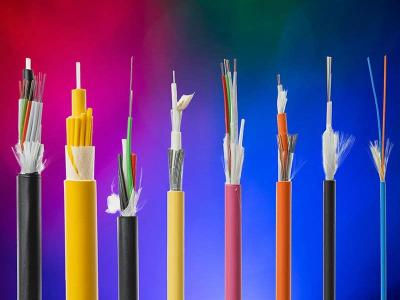
.
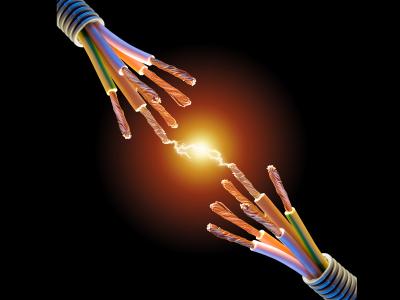 These specialized cables are designed to withstand the unique electrical challenges posed by VFDs, making them a crucial element in ensuring the smooth and efficient operation of machinery and equipment in various industries. VFD cables are specifically engineered to handle the demands of VFD systems, which are commonly used to control the speed and torque of electric motors in industrial settings. Unlike standard power cables, which are designed for constant voltage applications, VFD cables are designed to carry alternating current with varying frequency and amplitude. This dynamic electrical environment can create challenges such as voltage spikes, harmonics, and electromagnetic interference, all of which can affect the performance and reliability of the system. One of the key benefits of flexible VFD cables is their ability to minimize electrical interference and reduce the risk of voltage spikes, which can lead to equipment malfunction and downtime. By providing a shielded and insulated pathway for power and control signals, these cables help maintain the integrity of the electrical system and ensure consistent and reliable performance. Additionally, the flexibility of VFD cables makes them easy to install and route in tight spaces, allowing for greater versatility in system design and layout. Another important feature of flexible VFD cables is their durability and longevity. These cables are constructed using high-quality materials that can withstand harsh operating conditions, including exposure to oil, chemicals, and extreme temperatures. This durability ensures that the cables can maintain their performance over time, reducing the need for frequent replacements and minimizing maintenance costs. In addition to their technical advantages, flexible VFD cables are also cost-effective solutions for industrial applications. By providing reliable and efficient power transmission, these cables help improve the overall energy efficiency of VFD systems, leading to cost savings in terms of electricity consumption.
These specialized cables are designed to withstand the unique electrical challenges posed by VFDs, making them a crucial element in ensuring the smooth and efficient operation of machinery and equipment in various industries. VFD cables are specifically engineered to handle the demands of VFD systems, which are commonly used to control the speed and torque of electric motors in industrial settings. Unlike standard power cables, which are designed for constant voltage applications, VFD cables are designed to carry alternating current with varying frequency and amplitude. This dynamic electrical environment can create challenges such as voltage spikes, harmonics, and electromagnetic interference, all of which can affect the performance and reliability of the system. One of the key benefits of flexible VFD cables is their ability to minimize electrical interference and reduce the risk of voltage spikes, which can lead to equipment malfunction and downtime. By providing a shielded and insulated pathway for power and control signals, these cables help maintain the integrity of the electrical system and ensure consistent and reliable performance. Additionally, the flexibility of VFD cables makes them easy to install and route in tight spaces, allowing for greater versatility in system design and layout. Another important feature of flexible VFD cables is their durability and longevity. These cables are constructed using high-quality materials that can withstand harsh operating conditions, including exposure to oil, chemicals, and extreme temperatures. This durability ensures that the cables can maintain their performance over time, reducing the need for frequent replacements and minimizing maintenance costs. In addition to their technical advantages, flexible VFD cables are also cost-effective solutions for industrial applications. By providing reliable and efficient power transmission, these cables help improve the overall energy efficiency of VFD systems, leading to cost savings in terms of electricity consumption.
..
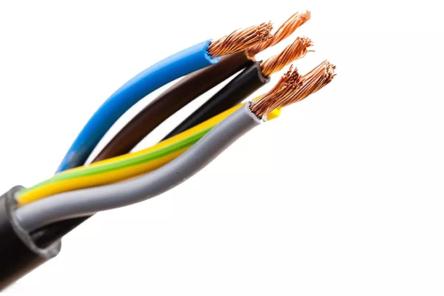 Furthermore, the durability and longevity of VFD cables contribute to a lower total cost of ownership, as they require less frequent replacement and maintenance compared to standard cables. When choosing flexible VFD cables for your industrial application, it is important to consider the specific requirements of your system. Factors such as voltage rating, current capacity, shielding effectiveness, and temperature rating should all be taken into account to ensure that the cables will meet the demands of your application. Consulting with a qualified engineer or cable supplier can help you select the most suitable VFD cables for your needs and ensure optimal performance and reliability. In conclusion, flexible VFD cables are indispensable components in modern industrial systems, providing a reliable and efficient solution for power and control signal transmission in VFD applications. With their ability to minimize electrical interference, withstand harsh operating conditions, and deliver cost-effective performance, these cables play a crucial role in ensuring the smooth and efficient operation of machinery and equipment in a variety of industries. By choosing high-quality VFD cables that meet the specific requirements of your system, you can benefit from improved energy efficiency, reduced maintenance costs, and enhanced system performance. Flexible VFD cables are designed to meet the demands of modern industrial applications, offering a wide range of benefits that make them a smart choice for powering Variable Frequency Drive (VFD) systems. These cables are engineered to deliver reliable performance in challenging electrical environments, ensuring the smooth and efficient operation of machinery and equipment across various industries. One of the key advantages of flexible VFD cables is their ability to handle the dynamic electrical conditions present in VFD systems. These systems generate voltage spikes, harmonics, and electromagnetic interference that can impact the performance and lifespan of standard cables. Flexible VFD cables, with their shielded and insulated construction, are specifically designed to minimize these effects and provide a stable and secure electrical pathway for power and control signals. The durability of flexible VFD cables is another standout feature that sets them apart from standard cables. These cables are built to withstand harsh environments, including exposure to oil, chemicals, and extreme temperatures.
Furthermore, the durability and longevity of VFD cables contribute to a lower total cost of ownership, as they require less frequent replacement and maintenance compared to standard cables. When choosing flexible VFD cables for your industrial application, it is important to consider the specific requirements of your system. Factors such as voltage rating, current capacity, shielding effectiveness, and temperature rating should all be taken into account to ensure that the cables will meet the demands of your application. Consulting with a qualified engineer or cable supplier can help you select the most suitable VFD cables for your needs and ensure optimal performance and reliability. In conclusion, flexible VFD cables are indispensable components in modern industrial systems, providing a reliable and efficient solution for power and control signal transmission in VFD applications. With their ability to minimize electrical interference, withstand harsh operating conditions, and deliver cost-effective performance, these cables play a crucial role in ensuring the smooth and efficient operation of machinery and equipment in a variety of industries. By choosing high-quality VFD cables that meet the specific requirements of your system, you can benefit from improved energy efficiency, reduced maintenance costs, and enhanced system performance. Flexible VFD cables are designed to meet the demands of modern industrial applications, offering a wide range of benefits that make them a smart choice for powering Variable Frequency Drive (VFD) systems. These cables are engineered to deliver reliable performance in challenging electrical environments, ensuring the smooth and efficient operation of machinery and equipment across various industries. One of the key advantages of flexible VFD cables is their ability to handle the dynamic electrical conditions present in VFD systems. These systems generate voltage spikes, harmonics, and electromagnetic interference that can impact the performance and lifespan of standard cables. Flexible VFD cables, with their shielded and insulated construction, are specifically designed to minimize these effects and provide a stable and secure electrical pathway for power and control signals. The durability of flexible VFD cables is another standout feature that sets them apart from standard cables. These cables are built to withstand harsh environments, including exposure to oil, chemicals, and extreme temperatures.
…
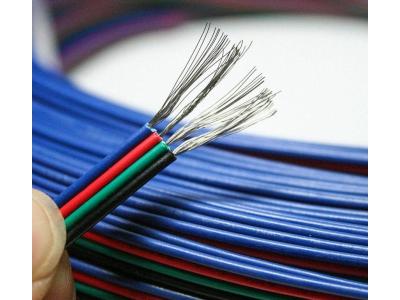 The high-quality materials used in their construction ensure that they can maintain their performance over time, reducing the risk of downtime and maintenance costs associated with cable failures. Flexibility is a key characteristic of VFD cables that makes them easy to work with and install in a variety of settings. Their pliable nature allows for easier routing in tight spaces and around obstacles, making them ideal for applications where space is limited. This flexibility also contributes to quicker and more efficient installation, saving time and effort during system setup. Beyond their technical and performance benefits, flexible VFD cables offer cost savings over the long term. By providing reliable power transmission and minimizing electrical interference, these cables help improve the energy efficiency of VFD systems. This can lead to reduced electricity consumption and lower operating costs, making them a cost-effective choice for industrial applications looking to optimize their energy usage. When selecting flexible VFD cables for your application, it’s important to consider several factors to ensure the cables meet your specific requirements. Voltage rating, current capacity, shielding effectiveness, and temperature rating are crucial parameters to evaluate when choosing cables that will deliver optimal performance in your system. Working with an experienced engineer or cable supplier can help you navigate these considerations and select the right VFD cables for your needs. In conclusion, flexible VFD cables are essential components for powering VFD systems in industrial environments. Their ability to withstand dynamic electrical conditions, provide durable performance, offer flexibility in installation, and deliver cost savings make them a valuable investment for any application requiring reliable power transmission. By choosing high-quality VFD cables that are suited to your system’s requirements, you can ensure the efficient operation of your machinery and equipment while maximizing energy efficiency and minimizing maintenance costs.
The high-quality materials used in their construction ensure that they can maintain their performance over time, reducing the risk of downtime and maintenance costs associated with cable failures. Flexibility is a key characteristic of VFD cables that makes them easy to work with and install in a variety of settings. Their pliable nature allows for easier routing in tight spaces and around obstacles, making them ideal for applications where space is limited. This flexibility also contributes to quicker and more efficient installation, saving time and effort during system setup. Beyond their technical and performance benefits, flexible VFD cables offer cost savings over the long term. By providing reliable power transmission and minimizing electrical interference, these cables help improve the energy efficiency of VFD systems. This can lead to reduced electricity consumption and lower operating costs, making them a cost-effective choice for industrial applications looking to optimize their energy usage. When selecting flexible VFD cables for your application, it’s important to consider several factors to ensure the cables meet your specific requirements. Voltage rating, current capacity, shielding effectiveness, and temperature rating are crucial parameters to evaluate when choosing cables that will deliver optimal performance in your system. Working with an experienced engineer or cable supplier can help you navigate these considerations and select the right VFD cables for your needs. In conclusion, flexible VFD cables are essential components for powering VFD systems in industrial environments. Their ability to withstand dynamic electrical conditions, provide durable performance, offer flexibility in installation, and deliver cost savings make them a valuable investment for any application requiring reliable power transmission. By choosing high-quality VFD cables that are suited to your system’s requirements, you can ensure the efficient operation of your machinery and equipment while maximizing energy efficiency and minimizing maintenance costs.
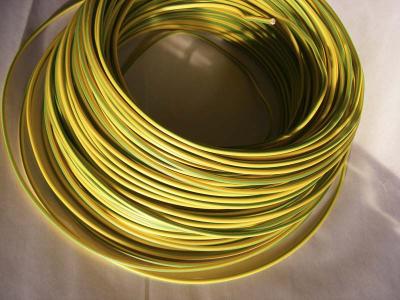
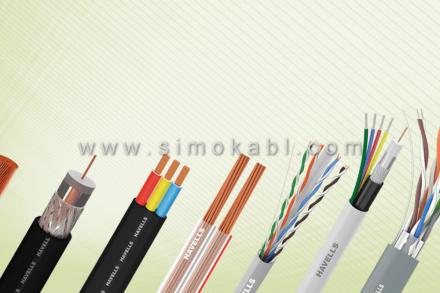
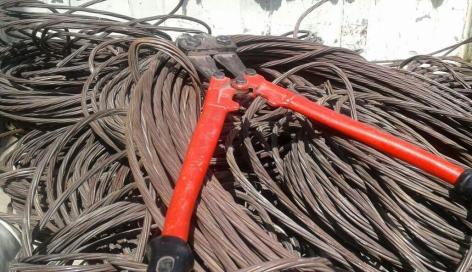
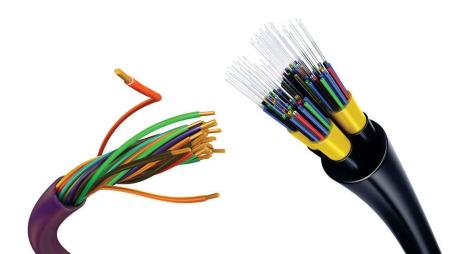
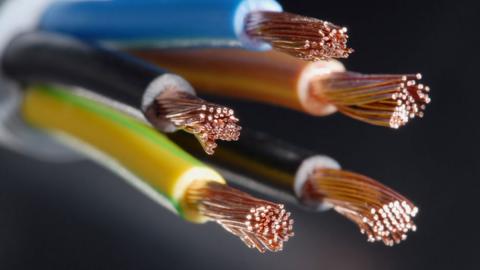
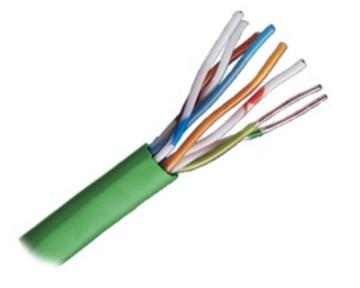
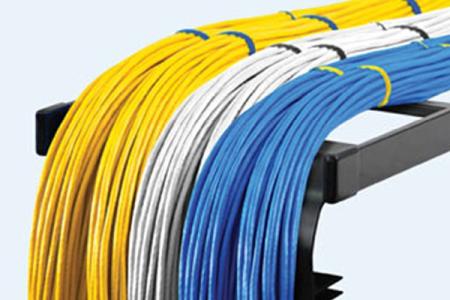
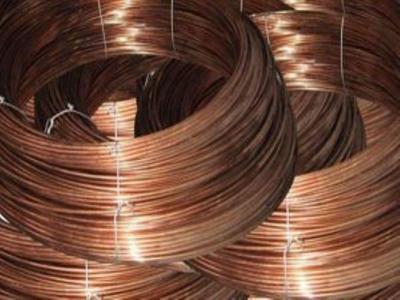
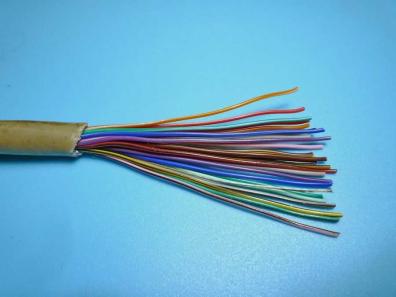
Your comment submitted.